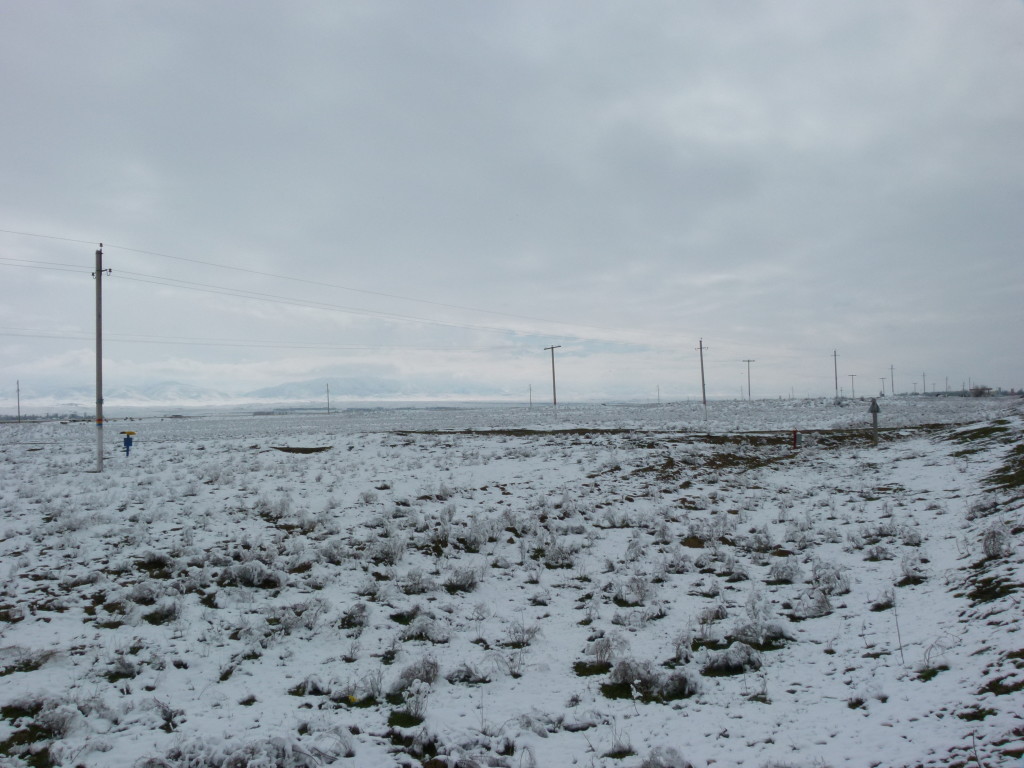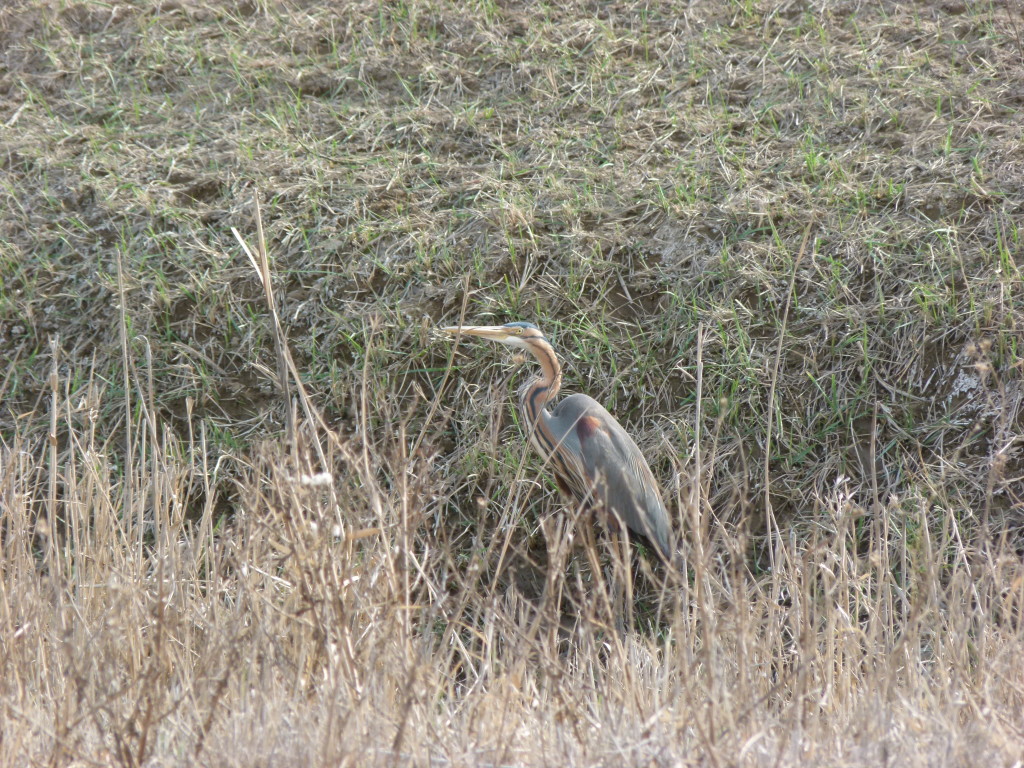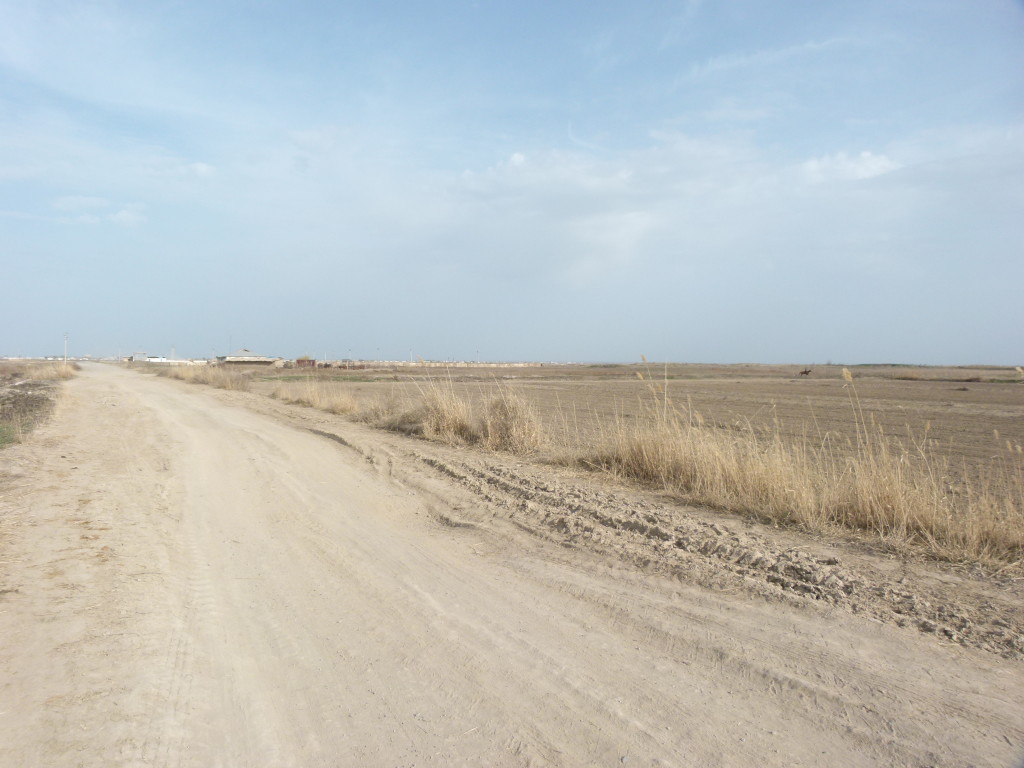November 2012
As long as I can remember, the vastness of the Eurasian East has always fascinated me.
Thus, I seized the opportunity to explore eastern Kazakhstan with a 4WD van in 2011
(April 1st – May 31st).
This expedition seemed to be a real chance for making sound recordings of a pristine
nature, especially as I have always been frustrated by the anthropogenic noises
pervading the landscapes of Central Europe. This expectation of a less noise polluted
environment should be widely fulfilled.
I started my Journey in Almaty on April 1st. The 8350-km-long round trip called at:
Bishkek (Kirgistan), Taraz, Qyzylorda, Turkistan, Tengiz, Astana, Kokshetau, Irtish,
Semey, Oeskemen, Almaty and the biozones of: Karatau Mountains, Syrdya Valley,
Kyzylkum Desert, Tengiz Valley, Northern Kazakhstan, Irtish Valley, Altai Mountains,
Lake Alakol/Sasykol and Altyn-Emel Desert.
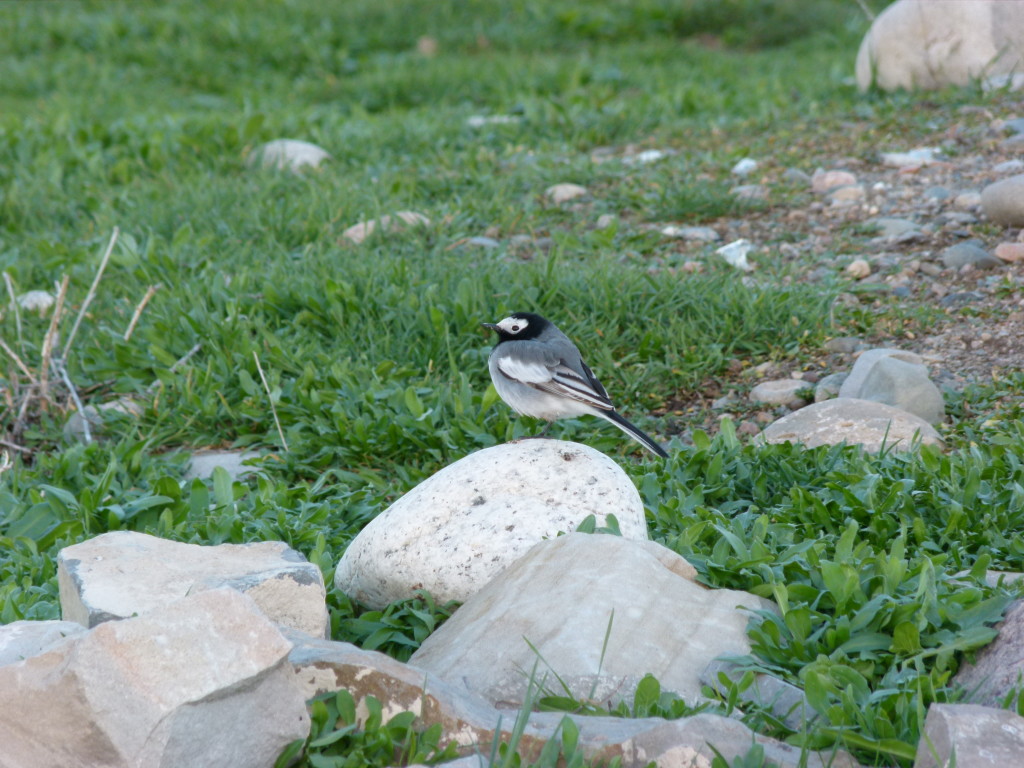
Masked Wagtail Motacilla personata
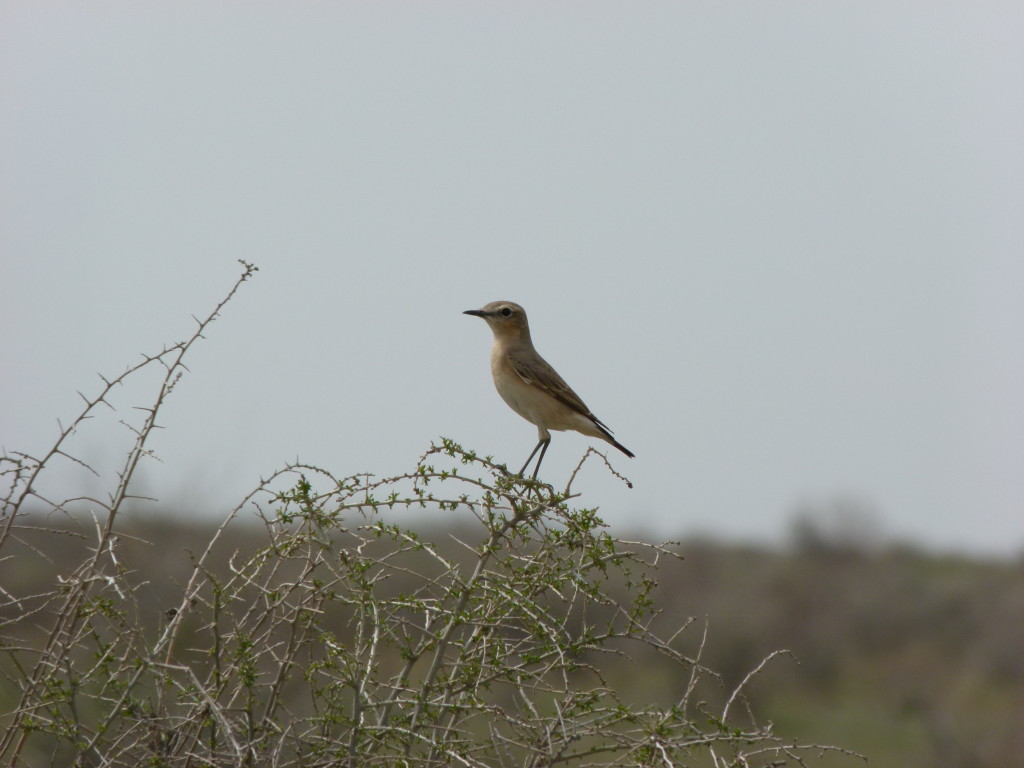
Isabelline Wheatear Oenanthe isabellina
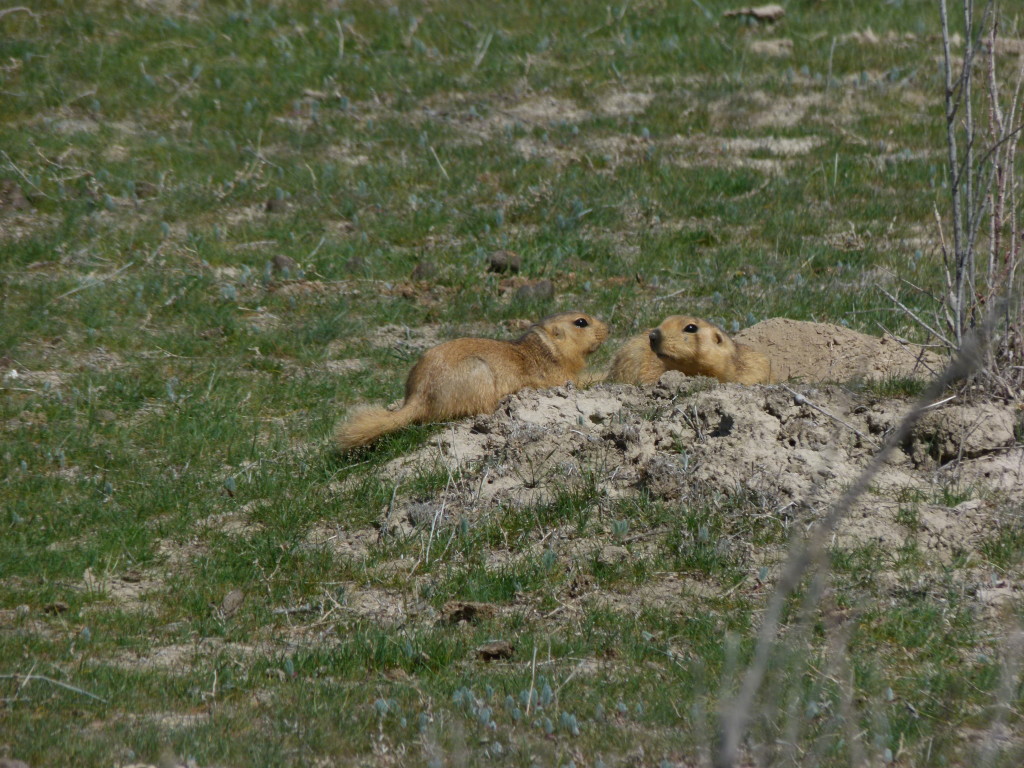
Spermophilus fulvus or S. major
I – Adaption
Kazakhstan, as well as other Central Asian countries, is well known for its biodiversity.
The animals adapted to their extreme habitats may appear very appealing to Central
Eurpoeans at first glance. For bioacousticians the question arises how this adaption
occurs in acoustic terms.
PFR05622, 110425, Eurasian Bittern Botaurus stellaris, song
Stary Talap, Kazakhstan
PFR05440, 110415, Golden Jackal Canis aureus, calls
Aqoel, Kazakhstan
PFR05407, 110413, Pallid Scops Owl Otus brucei, song
Takhirkol, Kazakhstan
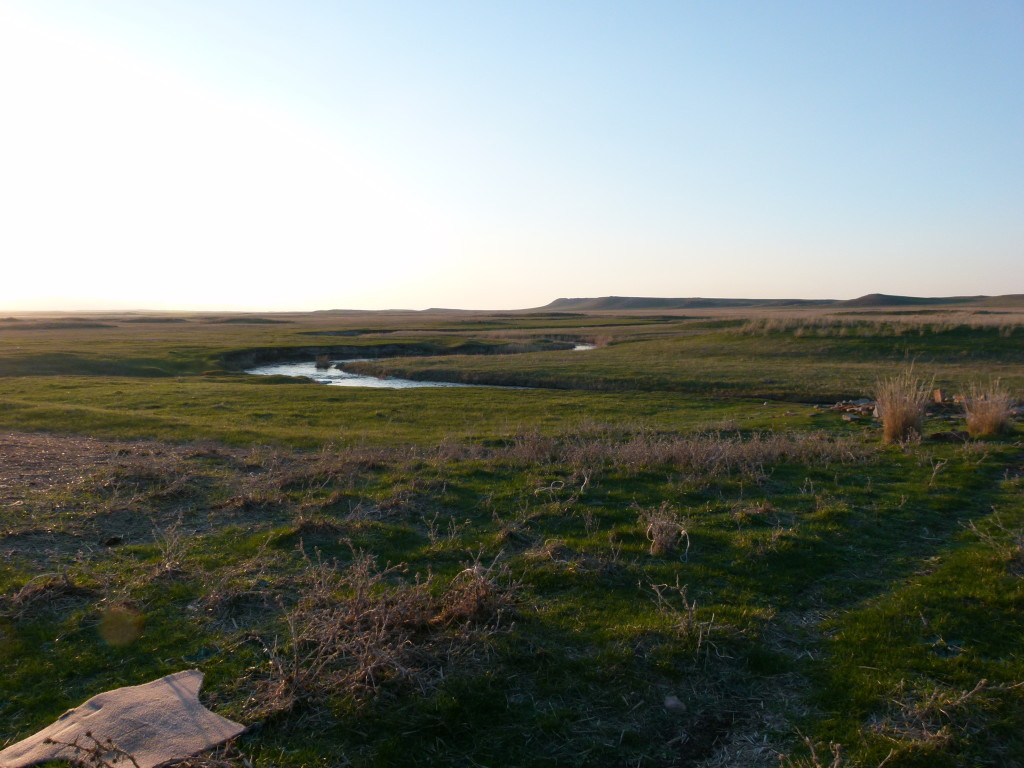
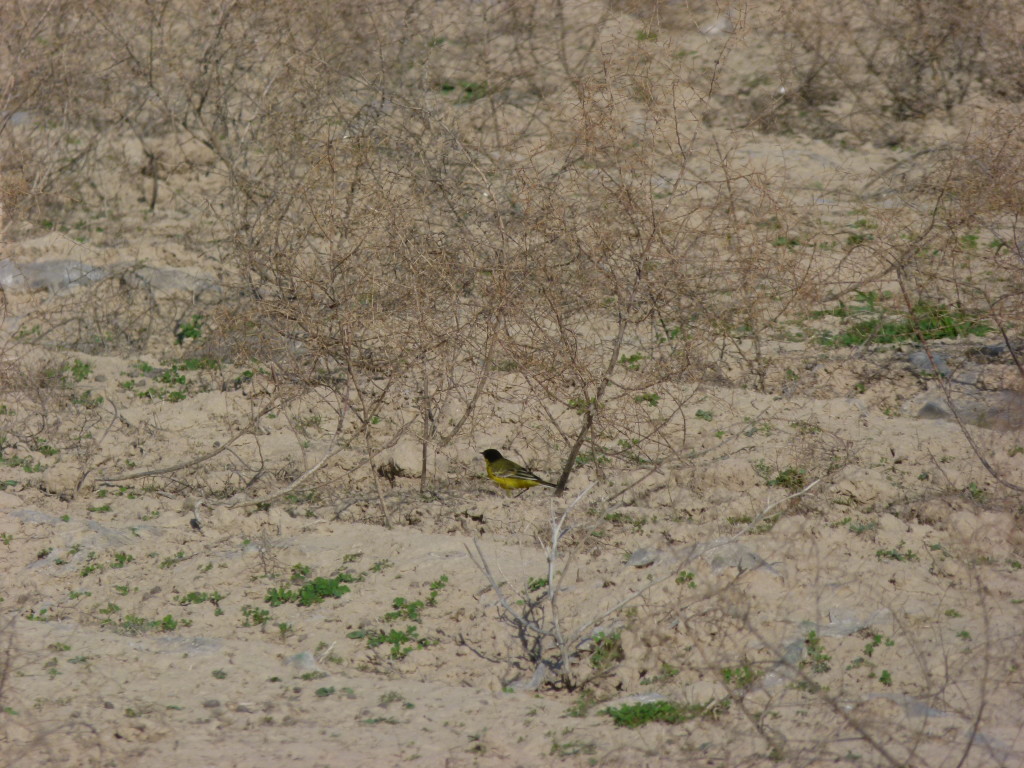
Black-headed Wagtail Motacilla feldegg feldegg
II – Taxonomy
Given the immense vastness of Kazakhstan, taxonomic questions have to be asked.
Some of them being answered differently by different persons, institutions or
committees.
Questions regarding the status of, for instance, Steppe Gull Larus [fuscus] barabensis,
Hume’s Whitethroat Sylvia [curruca] althaea or the Pedunline Tit complex might
probably be answered with the help of bioacoustics.
PFR05684, 110429, Humes Whitethroat Sylvia althaea althaea, song
Ulytau, Kazakhstan
PFR05150, 110406, White-crowned Peduline Tit Remiz coronatus, song
Aqoel, Kazakhstan
Recent debates focused on the question whether eastern deer species are rather
related to those of the Western Palearctic or to those of the Neotropics. In the
northeast of Kazakhstan I had the opportunity to listen to and record the Altai-Wapiti
Cervus canadensis sibiricus and Siberian Roe Deer Capreolus pygargus.
PFR05908, 110508, Siberian Roe Deer Capreolus pygargus
Dzhukey, Kazakhstan
III – Identification
Occasionally, Central Asian bird populations pass Central Europe when
migrating towards their winterung grounds. This might cause trouble to some
European ornithologists when it comes to identifying the calls of the migrating
birds. For instance, this regularly happens to Wagtails:
PFR05637, 110426, Yellow Wagtail Motacilla flava beema, flight call
Ulytau, Kazakhstan
PFR05169, 110406, Black-headed Wagtail Motacilla feldegg feldegg, call
Kommunizm, Kazakhstan
PFR05221, 110407, Citrine Wagtail Motacilla citreola, ad, male, flight call
Kocsu, Kazakhstan
III – Mysteries
Also sometimes loudly calling species refuse to reveal their presence. Consequently
the protagonists of some of my recordings remained unidentified to me – at least
on-site. Thanks to the help of Magnus Robb and Eva Klebelsberg some of the cold
cases finally could be solved, after my return.
This demonstrates the importance of well established networks and extensive
sound databases.
PFR06479, 110521, Steppe Pika Ochotona pusilla, ?excitement call
Shar, Kazakhstan
V – Favourites
PFR05822, 110506, Tengmalm’s Owl Aegolius funereus, song
Dzhukey, Kazakhstan
PFR06713, 110526, Eurasian Hoopoe Upupa epops, song,
European Roller Coracias garrulus, excitement call
Yekpyndy, Kazakhstan
PFR05898, 110507, Ruddy Shelduck Tadorna ferruginea, display calls, 6 individuals
Dzhukey, Kazakhstan
PFR05540, 110420, Eastern Rock Nuthatch Sitta tephronota, song
Karatau, Kazakhstan
PFR06539, 110522, Red-headed Bunting Emberiza bruniceps, male, song
Karaguma, Kazakhstan
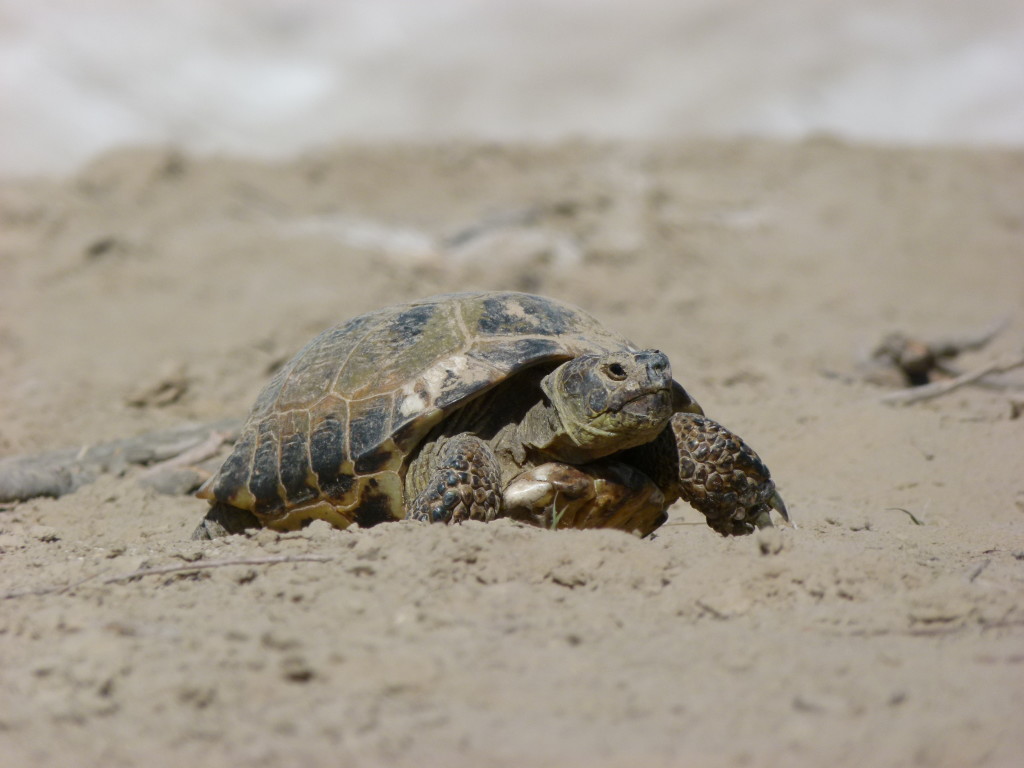
Russian Tortoise Agrionemys horsfieldii, threatened by the pet industry
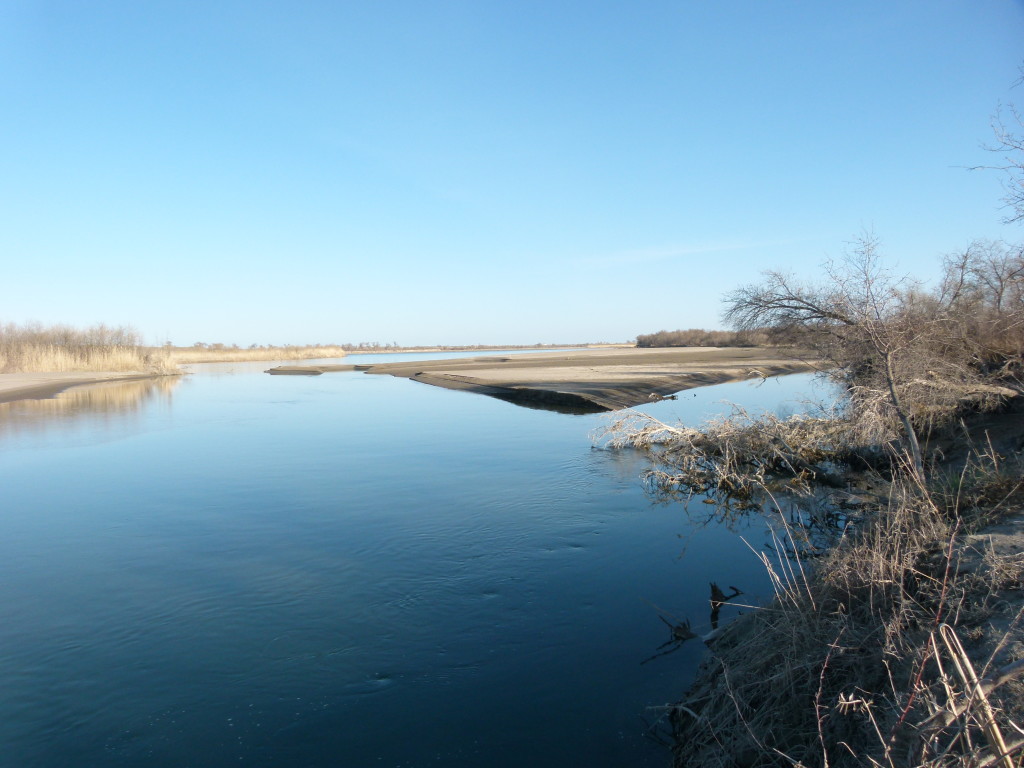
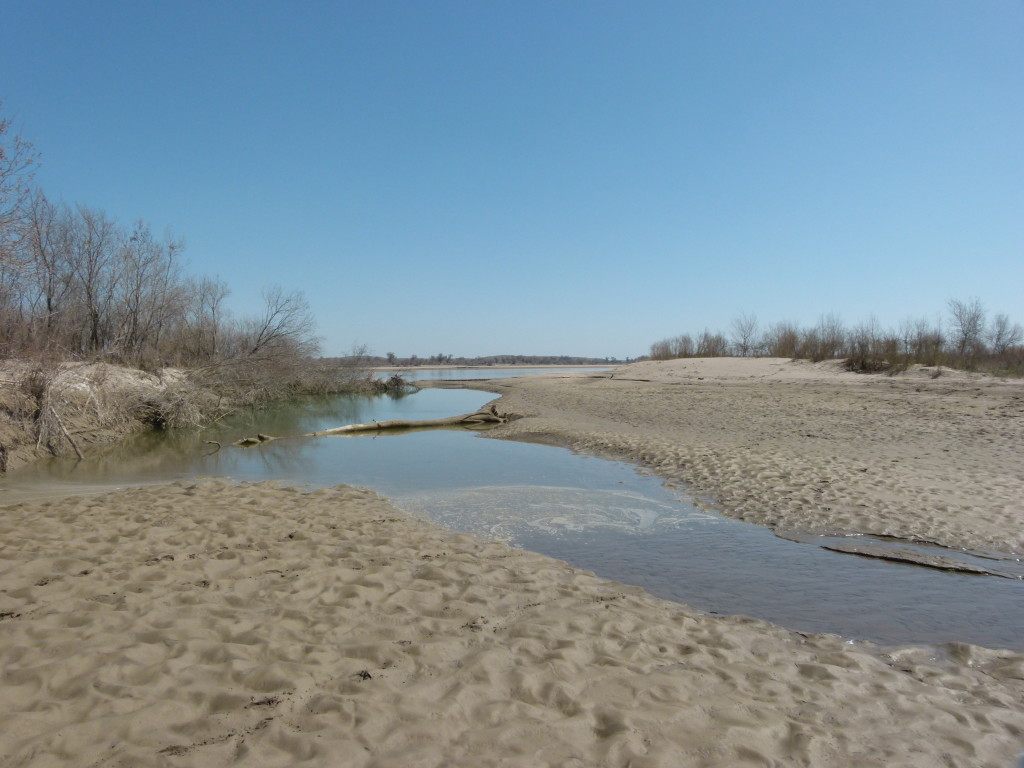
Many thanks to: Dagmar Schreiber, Arend Wassink, Eva Klebelsberg & Magnus Robb

